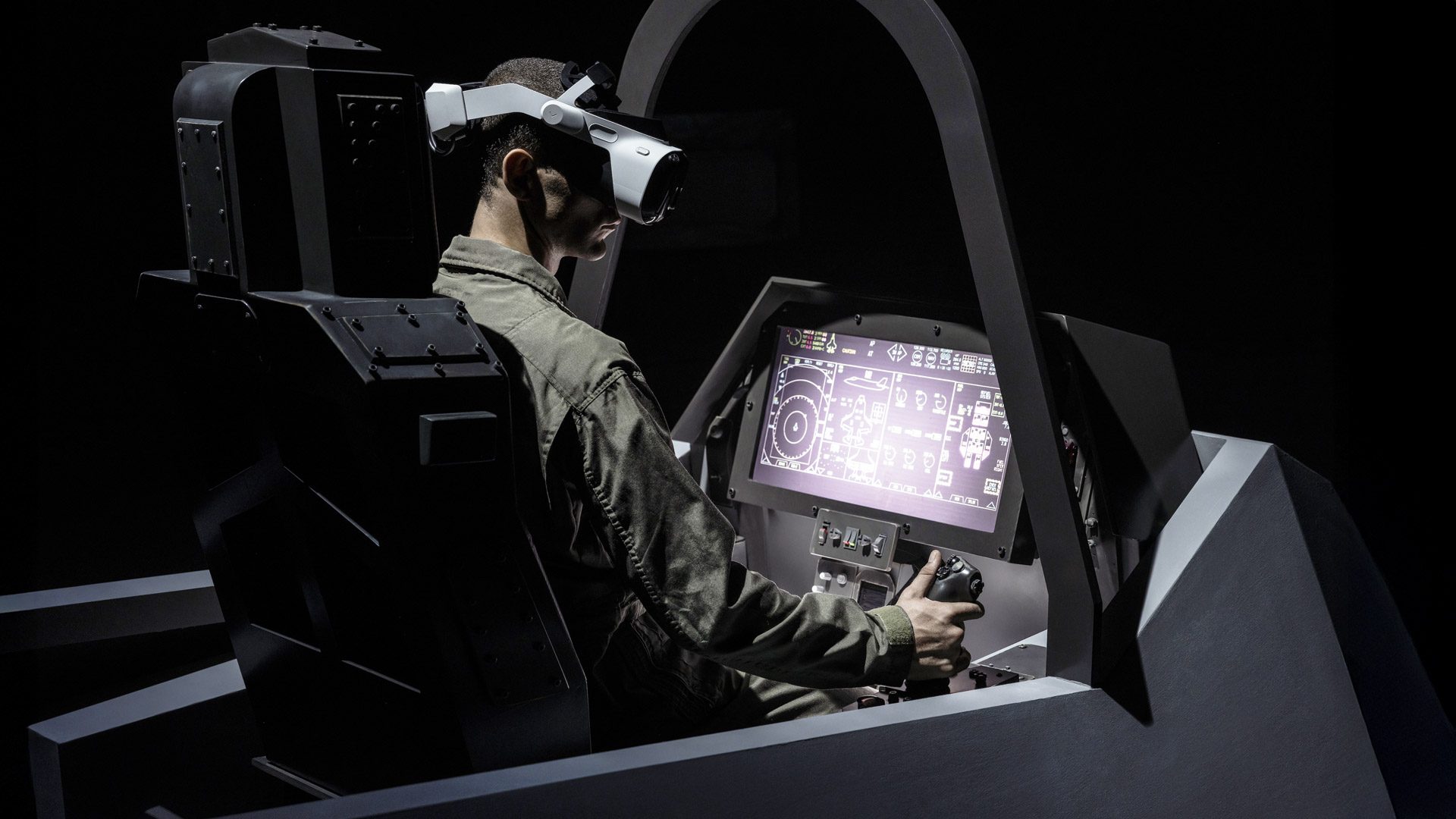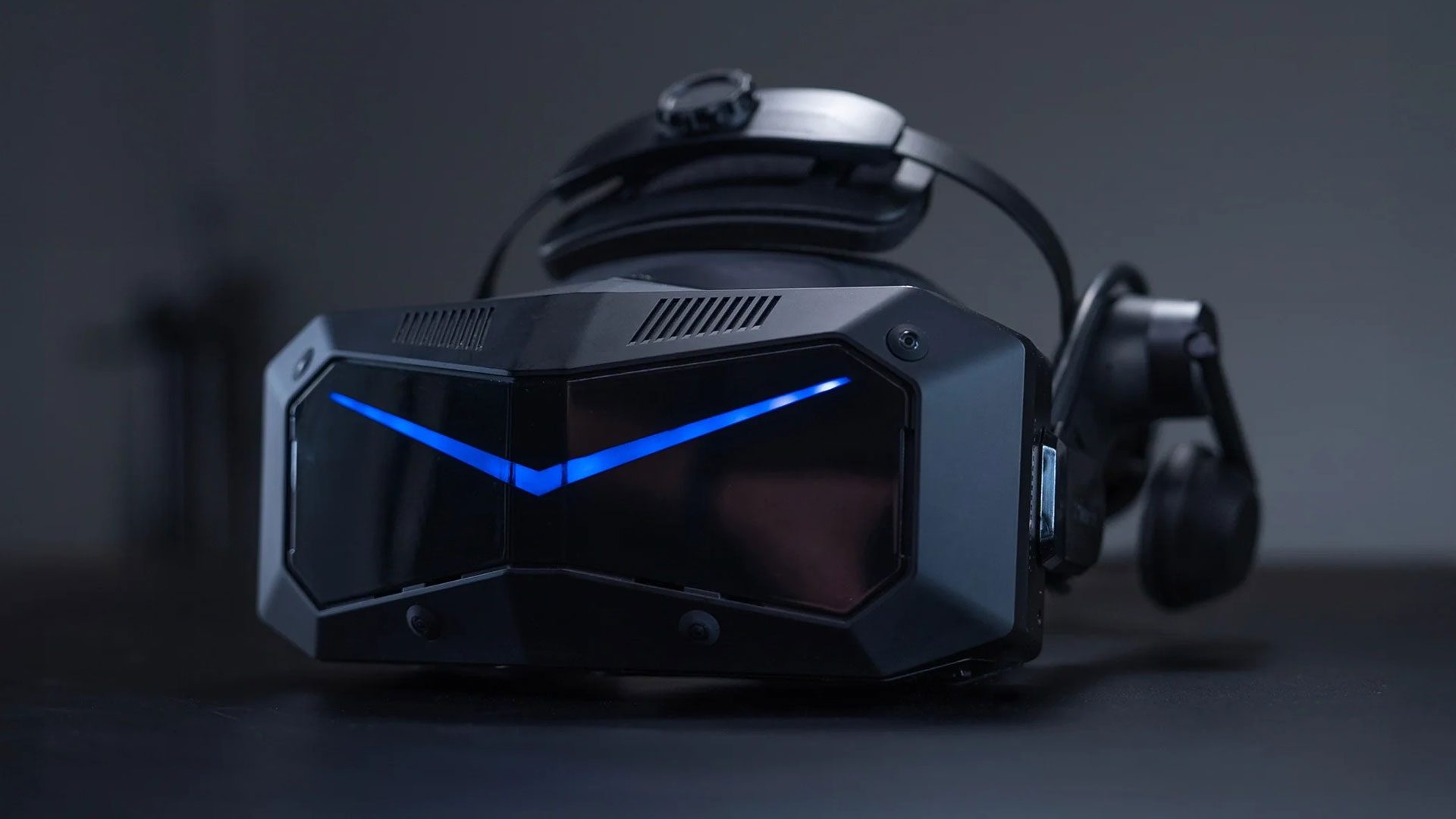Toward the end of last year, Phil Spencer, who leads Microsoft Gaming, mentioned that an Xbox-themed gaming handheld wouldn’t be hitting the market anytime soon. However, that hasn’t stopped other manufacturers from diving into the concept with Microsoft’s blessing. Insider sources from The Verge reveal that Microsoft is on a mission to merge Xbox and Windows into a seamless platform, with Asus stepping up as one of the initial collaborators. Asus’s current endeavor, known as Project Kennan, is their take on a gaming handheld, potentially benefiting from Microsoft’s platform unification, and it could even make its debut this year.
In addition to the hardware that Asus is crafting, Microsoft is busy developing Project Bayside. This initiative aims to create a consistent Xbox user experience across multiple devices. Project Bayside, which represents a fusion of Xbox aesthetics atop a Windows foundation, will power the handheld that Asus is working on. Both Kennan and Bayside encapsulate Microsoft’s vision of integrating the top features of Xbox and Windows.
Earlier in the year, Jason Ronal, who holds the position of VP for Xbox gaming devices and ecosystem at Microsoft, shared with The Verge that the company is dedicated to this integration, with promising outcomes anticipated by year’s end. Despite our optimism about these developments, official statements or teasers from Microsoft or Asus have yet to surface.
With the Steam Deck’s release in 2022, Valve reignited interest in handheld gaming consoles. Yet, Microsoft’s position in the arena remains strong due to the prevalence of Windows 11 powering the top PC gaming handhelds. Things could, however, shift with Lenovo’s unveiling of the Legion Go S, powered by SteamOS. While you can snap up a Windows 11 version of the Lenovo Legion Go S for $729 today, an upcoming SteamOS model, set for May release, will be more budget-friendly at $499. Lenovo also indicated a cheaper Windows variant rolling out around the same period, possibly priced at $599. But, the mere $100 difference could nudge many gamers toward the SteamOS version.
This move doesn’t fly under Microsoft’s radar, especially since a significant, long-standing OEM partner is soon introducing a viable OS alternative. Valve seems poised to pose a challenge to Windows with SteamOS, echoing Microsoft’s ongoing rivalry with PlayStation 5 in the console sector. To prevent losing ground in handheld devices, Microsoft might need to ramp up efforts to cement Xbox and Windows as the frontrunners in gaming OS preferences.















































